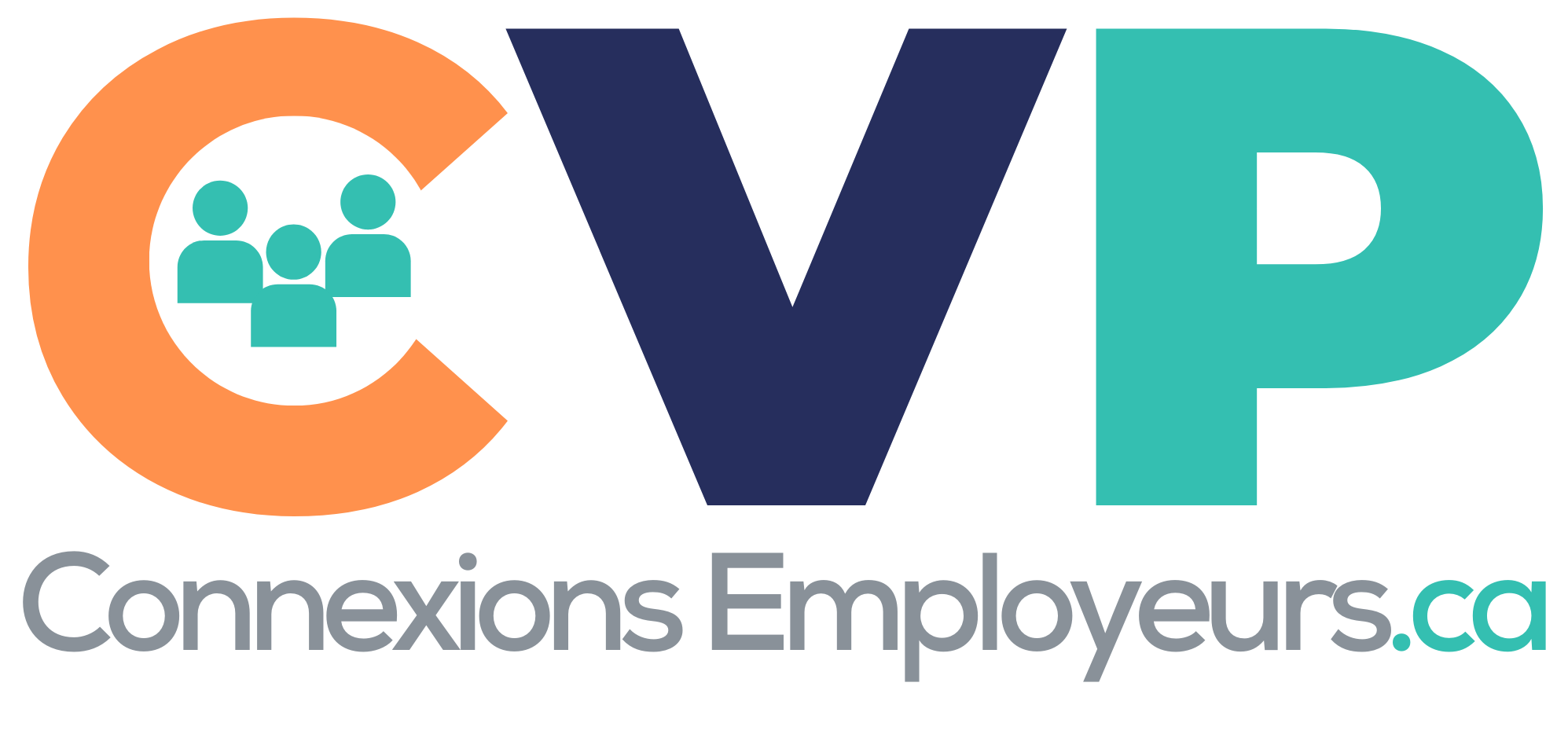How strong equity, diversity and inclusion policies create resilient organizations

Experts break down programs, tools and solutions at the Infonex virtual conference
On Sept. 26 and 27 equity, diversity and inclusion (EDI) experts presented at the fourth annual Best Practices for Driving Diversity, Equity and Inclusion conference hosted by Infonex (external link) , an organization that creates conferences and training seminars for public and private sector workers. Chaired by the Diversity Institute’s (DI) academic director and founder Dr. Wendy Cukier, the two-day virtual conference explored how to attract, retain and develop a diverse workforce, how to create a psychologically safe and inclusive workplace, and more.
Cukier opened the day by giving broader societal context, pointing to progress and recent events that demonstrate hate targeting equity-deserving groups. She emphasized that while in recent years there has been progress in advancing EDI within the workplace, there is more work to be done. The conference provided a platform for EDI professionals to discuss challenges, learn about the power of employee resource groups and the importance of diversity in the supply chain, and develop an understanding of intersectional experiences in the workplace.
Tebassum Khan, a human resources policy and programs advisor for EDI at the Office of the Superintendent of Financial Institutions Canada, presented on unconscious bias. She highlighted listening, using gender-inclusive language and fostering cross-generational collaboration as ways to disrupt bias. Khan emphasized the importance of becoming an inclusive leader. “Inclusive leaders understand that spending time and energy to be inclusive is an investment in their people and their team,” she said.
Cukier pointed to the government of Canada’s 50 – 30 Challenge (external link) , in which DI is an ecosystem partner, as a tool to help organizations create diverse leadership teams. The challenge encourages organizations to achieve gender parity (50% women and/or non-binary people) and significant representation (at least 30%) of members from other equity-deserving groups on Canadian boards and/or in senior management.
Dana J. Campbell-Stevens, a workplace investigator, trainer and mediator, presented on bringing anti-Black racism to light to be able to take appropriate action. She said anti-Black racism, which is often subtle, can be systemic or individual, as well as unintentional. “The impact of racism and discrimination is far-reaching,” she said. “It can be highly traumatic and the impact of it can manifest in many ways, as symptoms like post-traumatic stress disorder.”
She pointed to organizational assessments—a systematic review of an organization’s processes, work environment and structure—as a tool to bring anti-Black racism to light. Campbell-Stevens said while many organizations are open to change, resistance still exists when faced with other people’s experiences of discrimination. “Once we’re able to sit in that discomfort, we’ll be open to implementing the things that will actually lead to meaningful long-term change,” she said. Following Campbell-Stevens’ presentation, Cukier shared as a resource the Micropedia of Microaggressions (external link) , which identifies microaggressions as a subtle form of racism and discrimination, to help people understand the harmful impact of microaggressions and unlearn related behaviours.
The role of change agents
On the second day of the conference Cukier spoke about supplier diversity and emphasized that it is the key to resilience. She said that while there are challenges to having diverse suppliers, like difficulty finding qualified suppliers, a lack of buy-in or existing contractual agreements, 40% of large corporations have formal supplier diversity programs. She noted that studies show (PDF file) change agents (external link) play an important role in helping diverse suppliers enter the supply chain. Pointing to research (external link) by the Women Entrepreneurship Knowledge Hub (external link) , Cukier said that coaching and mentorship of diverse suppliers can ensure that they enter the supply chain, remain and grow.
Mohamed Elmi, executive director of DI, shared research on the intersectional experience of Black Muslims in the workplace. He pointed to data on the Black Muslim population in Canada that shows the group is often overrepresented in lower income groups; and, in comparison to the general population, more Black Muslim people live in subsidized housing.
Elmi spoke about how mainstream media affects the everyday lives of equity-deserving groups. Pointing to DI research on media bias, he said that mainstream media can reinforce stereotypes of equity-deserving groups and legitimize controversial figures from online or fringe media, and that more work needs to be done to highlight stories that are nuanced and representative of equity-deserving groups.
“We really have to look at this holistically from a societal level in order to change how these stereotypes are affecting groups at the organizational level, within hiring practices and at the individual level,” Elmi said.
Pour lire la suite de l’article, cliquez ici.
Source: Ted Rogers School of Management’s Diversity Institute, October 10, 2023

Réponses